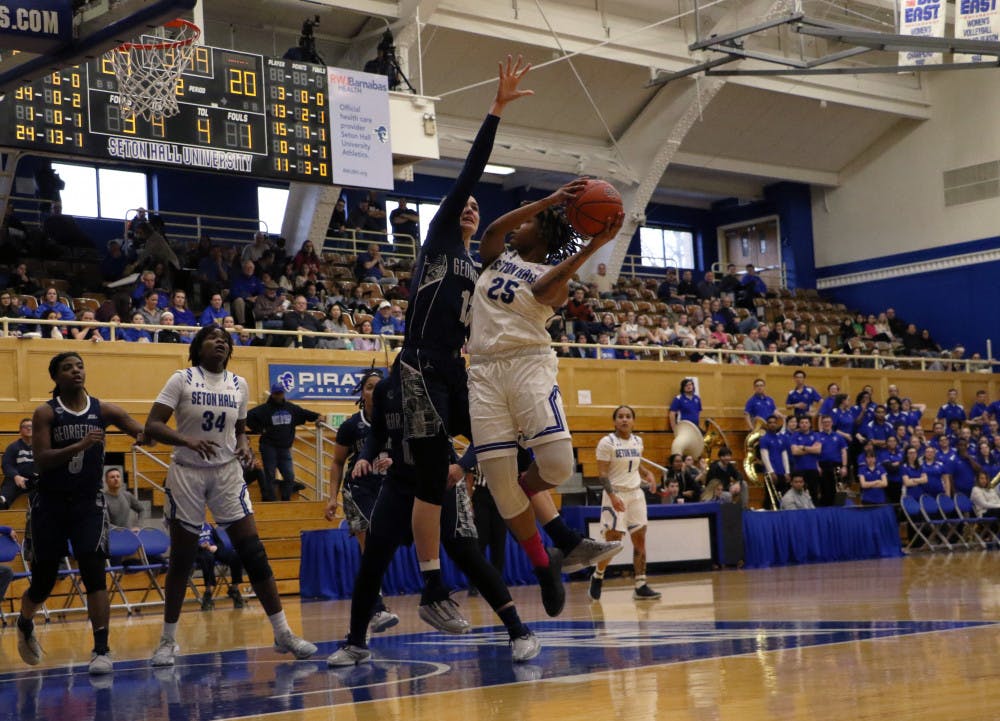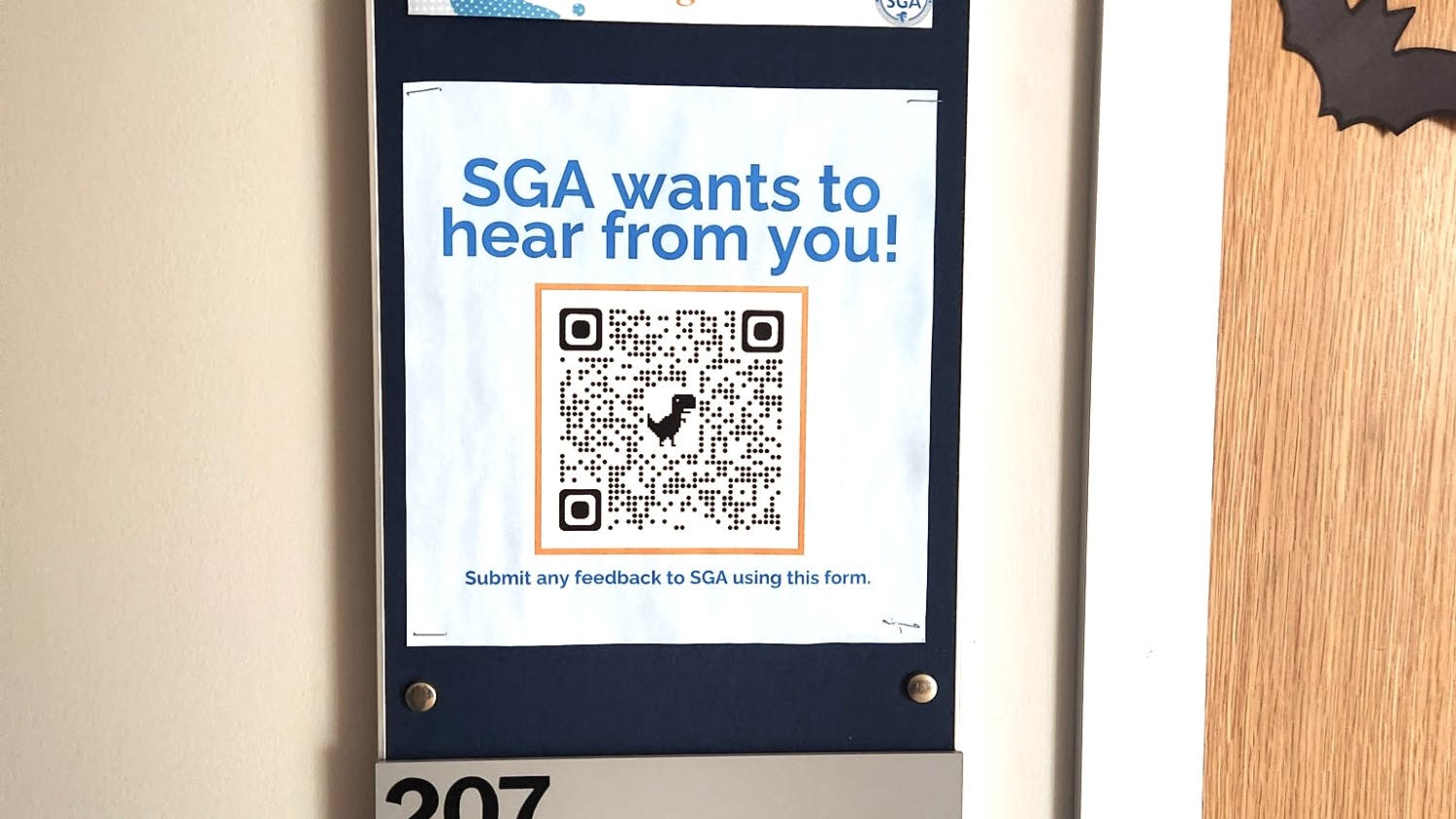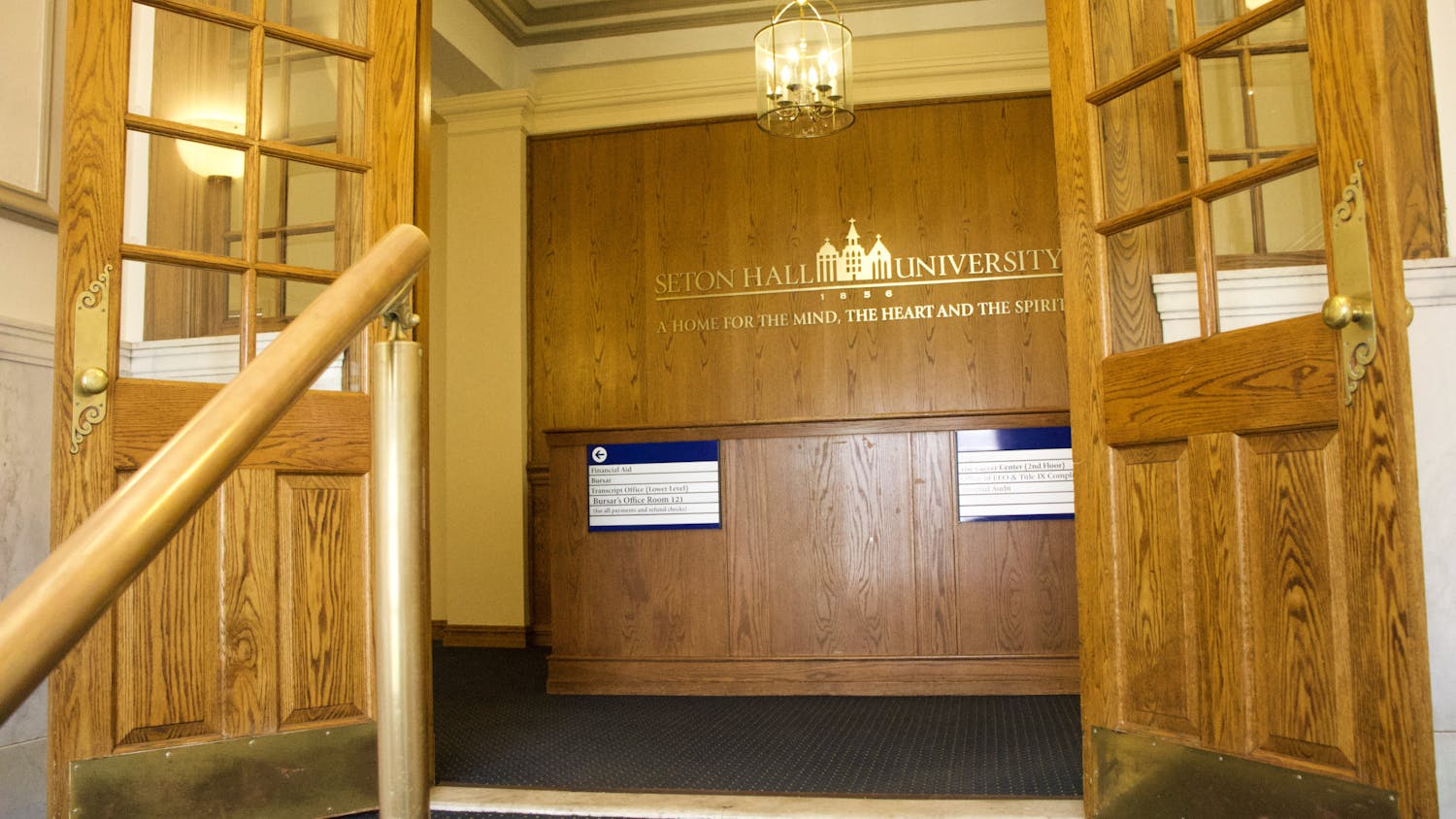The "green" movement is starting to become recognizable at Seton Hall, helping the University's sustainability grade come into closer rankings with other local schools.
According to the College Sustainability Report Card on greenreportcard.org Seton Hall has raised its 2010 grade of a D- to a B- for the 2011 academic year.
As The Setonian reported last year, a failure to submit the University's sustainability report into greenreportcard.org was the reason for a poor letter grade in environmental progress, according to John Signorello, associate vice president of Facilities and Operations.
"It was kind of a D- by default," Michael Taylor, chair of the University Sustainability Committee said.
Taylor said the low grade caused negative attention to the environmental efforts being made by Seton Hall.
"We were listed as a dirty school and that's not really the truth," Taylor said. "Those of us that have been working on this knew we have been doing good things for a while now."
Taylor spoke to The Setonian on behalf of the University Sustainability Committee and was referred by interim President Gabriel Esteban who was unavailable for comment.
The Green Report Card survey is divided into individual grades of nine different categories. Some of those categories include climate change and energy, food and recycling, student involvement, transportation and green building.
Taylor said the reason for such a poor grade in the green building category was due to the lack of budget and building occurring at Seton Hall.
"There was the intention of having the Science and Technology building made into a green building, but it was never put into the budget, so when the budget got tight those things were dropped out," Taylor said.
One of the biggest improvements from last year was revamping the recycling policy on campus, Taylor said.
"That's been an issue for a long time and everyone has been angry about that we just don't recycle well enough," Taylor said.
Seton Hall started improving the issue last year by going into residence halls and putting all new recycling bins in place, simplifying the recycling process, Taylor said. Now there are only two bins for every garbage room that take paper, metal and plastic.
One of the issues with the lack of recycling in academic and administrative buildings is the problem of cross contamination, when people throw garbage into bins meant for recycling. According to Taylor, this happens when the bin is treated like garbage.
"Wherever there are recycling bins there has to be a trash can as well, cause (sic) that's really what the issue is," Taylor said. "It's not an issue that people don't know that that's a recycling bin, it's the fact that there is no trash can around (the recycling bins) so they just go ahead and throw it in the recycling bin."
Taylor said once the committee has a budget to buy new bins the tops of each bin will either have a slot for paper or a bottle shape for plastic and cans.
One way the University Sustainability Committee has helped promote recycling among students is through the Ecology Club.
Brittany Tumminia, public relations officer of Ecology Club, said the club has created programs such as avocation of going tray-less in the cafeteria to conserve food, posting "These Come From Trees" stickers on all paper towel dispensers in bathrooms, and are currently working on a Friday Night Lights project to shut off lights in campus buildings on the weekends.
"The Ecology Club has tried very hard to get the campus to be more environmentally friendly," Tumminia said.
"The next project I would like to see done is electronic orders for the wraps and Nathans," Tumminia said. "Those papers they have the students fill out all day every day are a huge waste."
Other schools that came in close ranking with Seton Hall were Rutgers University which received a B and Ramapo College of New Jersey which received a B- for 2011.
Carolyn Maso can be reached at carolyn.maso@student.shu.edu.





